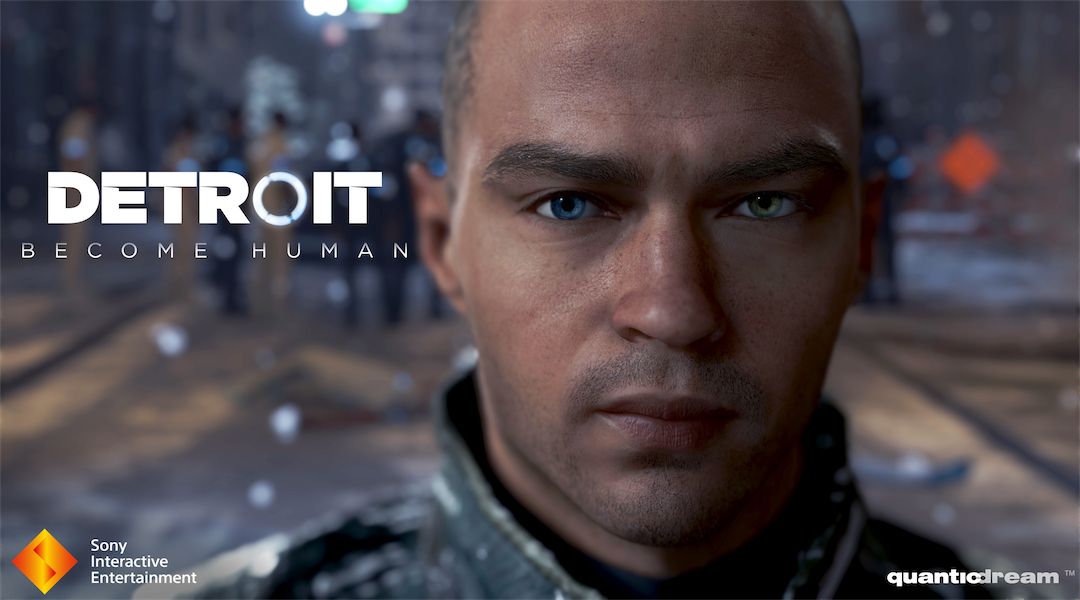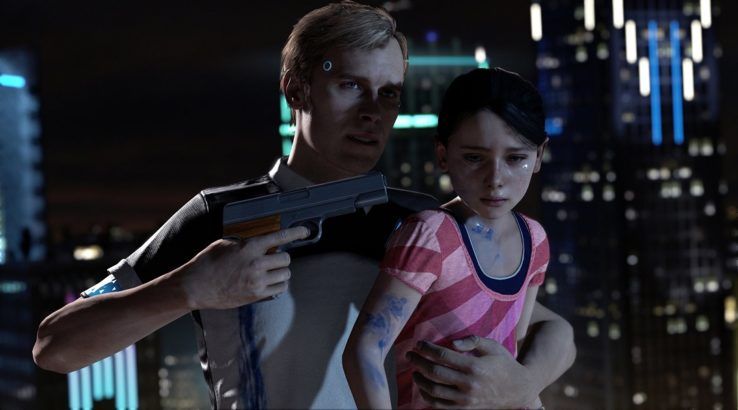Quantic Dream, the studio behind Heavy Rain and Detroit: Become Human, has had an interesting past few months. The studio released Detroit: Become Human to critical acclaim earlier this year but has also found itself wrapped in legal controversy, facing allegations of a toxic workplace which prompted them to sue the news outlets that exposed said toxicity. Now, Quantic Dream has lost a court case against a former employee making similar allegations.
The ex-employee left the studio due to montages of employee's faces photoshopped onto the bodies of Nazi soldiers and various pornstars, which were then circulated around the studio. The ruling centers around a French law known as the prise d'acte, a risky move that allows an employee to leave behind their benefits and salary but petition an independent labor law court to consider the move an unlawful termination. Since the employee won the case, they will now have the ability to claim all rights afforded to someone who had been wrongfully terminated, such as a settlement or unemployment benefits. Quantic Dream does have the option to appeal the ruling, though they have yet to announce any plans to do so.
The images in question were revealed after a team of Journalists from French outlets Le Monde, Canard PC, and Mediapar published a report back in January alleging that Quantic Dream studio heads David Cage and Guillaume de Fondaumière had overworked their employees and took part in, or at least turned a blind eye to, racist and sexist jokes against their employees. The report prompted Quantic Dream to file a lawsuit against the outlets, claiming that the allegations were slanderous.
The ruling certainly doesn't help quell the allegations of a toxic workplace at Quantic Dream, which David Cage said he was "shocked" by. While the conditions are horrible if true, poor working standards have been a hot-button issue for many studios in the past, causing developers and other industry workers around the world to call for unionization. Forming unions would help avoid over-working staff and lower turnover rates, two things the games industry is notorious for. With any luck, studios will change these harmful working conditions before unionizing becomes necessary.
Source: Eurogamer


